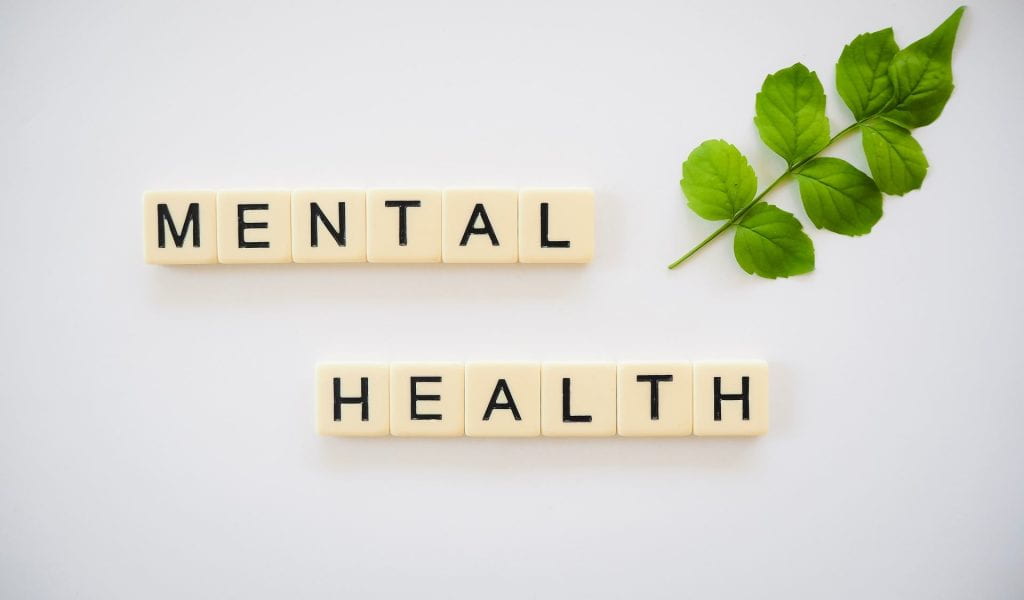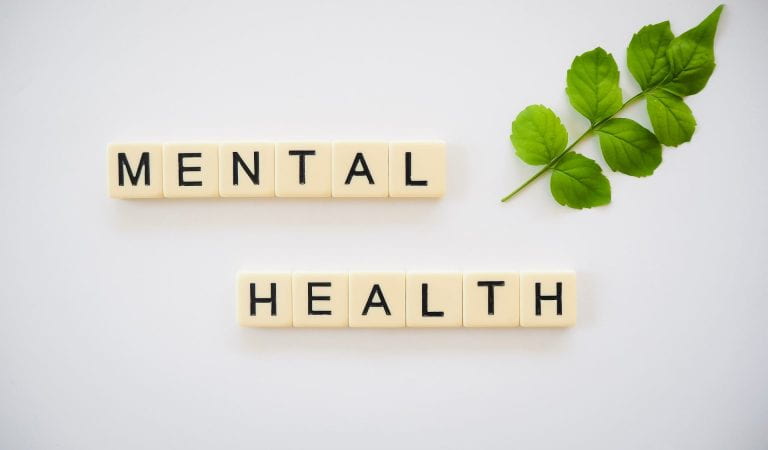
Mental health is an essential part of overall physical health and well-being. Yet, the stigma surrounding mental health prevents many people from seeking help when they experience mental health struggles. If you or someone you know needs support, there are resources available to help.
Suicide Prevention Resources:
- 988 Suicide and Crisis Lifeline: The Lifeline provides 24/7 access to free and confidential support for people in distress, prevention and crisis resources, and best practices information for health and mental health professionals.
- Student Health Center (SHC): If you are thinking about suicide, call 202-994-5300 (option 2). Counselors are available 24 hours a day. If you think someone you know is in danger of suicide, call GW Emergency Services at 202-994-6111, call 911, or seek help at the nearest Emergency Room.
- National Suicide Prevention Resources:
- CrisisLink: 800-SUICIDE (784-2433) (24 hours) or (703) 527-4077
- National Suicide Prevention Lifeline: 800-273-TALK (8255)
- Veterans Crisis Line: 800-273-8255 (press 1)
- District of Columbia Suicide Helpline:
- Access HelpLine: 888-7WE-HELP (888-793-4357)
Resources for Students:
- Anxiety Toolbox: This virtual workshop consists of three, one-hour sessions for students who want to gain an understanding of anxiety and learn skills to recognize and manage anxiety symptoms.
- AcademicLiveCare: AcademicLiveCare offers unlimited, no-cost virtual telehealth appointments for full-time GW students. Available visit options include on-demand urgent care, and scheduled appointments for psychiatry, therapy, and nutrition counseling.
- Counseling and Psychological Services (CAPS): Part of the Colonial Health Center, CAPS is GW’s center for mental health treatment. Telehealth and in-person counseling appointments are available.
- SilverCloud: All GW students have free access to SilverCloud’s Digital Mental Wellbeing Platform, which is fully confidential and available 24/7. Programs address a wide range of mental health challenges including stress, depression, anxiety, and insomnia.
- GW Listens: This student-run anonymous hotline (202-902-8255) is a place where students can talk to peers about struggles. Hotline hours are from Sunday through Thursday, from 9:00pm to 1:00am.
Resources for Medical Residents and Fellows:
- Graduate Medical Education Resources:
- Talkspace: GW’s School of Medicine and Health Sciences and GW Nursing are partnering with Talkspace to provide confidential and secure professional online therapy with a licensed therapist anytime, anywhere.
- Emotional Well-Being Resources
- GW Resources for Living (available in MedHub)
- Mistreatment Reporting (available in MedHub)
- GW Resiliency and Well-Being Center: The GW Resiliency and Well-Being Center takes an evidence-based, whole-person health approach in providing services to the GW School of Medicine and Health Sciences (SMHS), the GW Medical Faculty Associates (MFA), and the GW Hospital. If you need help, request a consultation.
Resources for GW Employees:
- Behavioral Health Visits: Available to GW employees enrolled on a GW PPO or HSP medical plan.
- GW Resiliency and Well-Being Center: The GW Resiliency and Well-Being Center takes an evidence-based, whole-person health approach in providing services to the GW School of Medicine and Health Sciences (SMHS), the GW Medical Faculty Associates (MFA), and the GW Hospital. Request a consultation for you or your team. Resources available include:
- Headspace: This mindfulness app is available to benefits-eligible faculty and staff.
- Talkspace: Available to GW employees enrolled on a GW PPO or HSP medical plan.
- Self-Care Toolbox: Build your own self-care toolbox for improved mental health.
- GW Well-Being Programs: Explore the numerous physical, mental, and financial well-being programs available through GWell programs.
- GW CARE Network: The CARE Network connects GW Students who need support by connecting appropriate university departments and identifying the main point of contact for a student of concern.
Himmelfarb Library Mental Health Resources:
Himmelfarb’s Healthy Living @ Himmelfarb Collection includes a number of mental health-focused titles including:
- Managing Stress: Skills for Self-Care, Personal Resiliency, and Work-Life Balance in a Rapidly Changing World
- The Mindfulness Solution: Everyday Practices for Everyday Solutions
- Tips for Talking with Your Health Care Provider about Your Mental Health
- Mental Health: A Pocket Guide
- Healthy Living @ Himmelfarb Guide: Check out this great resource for more information on mental health and healthy living.
Taking care of your mental health is an essential part of physical health. Make your mental health a priority and take advantage of the resources available to you. Don’t be afraid to reach out and ask for help. Everyone faces their own mental health struggles, and there is no shame in asking for help and relying on available resources when needed.



